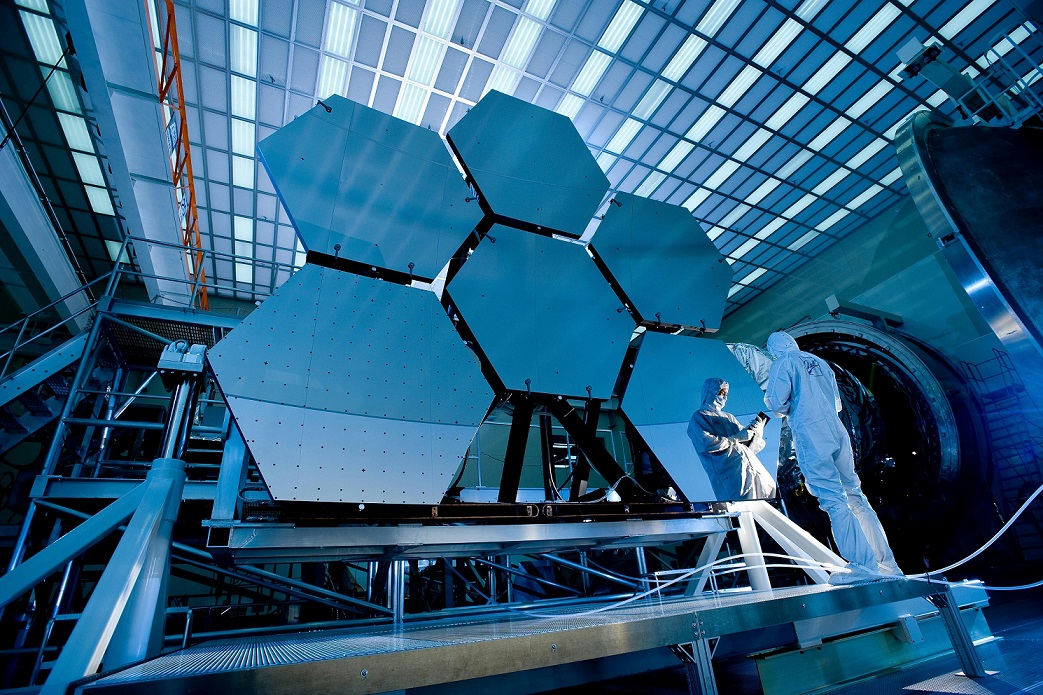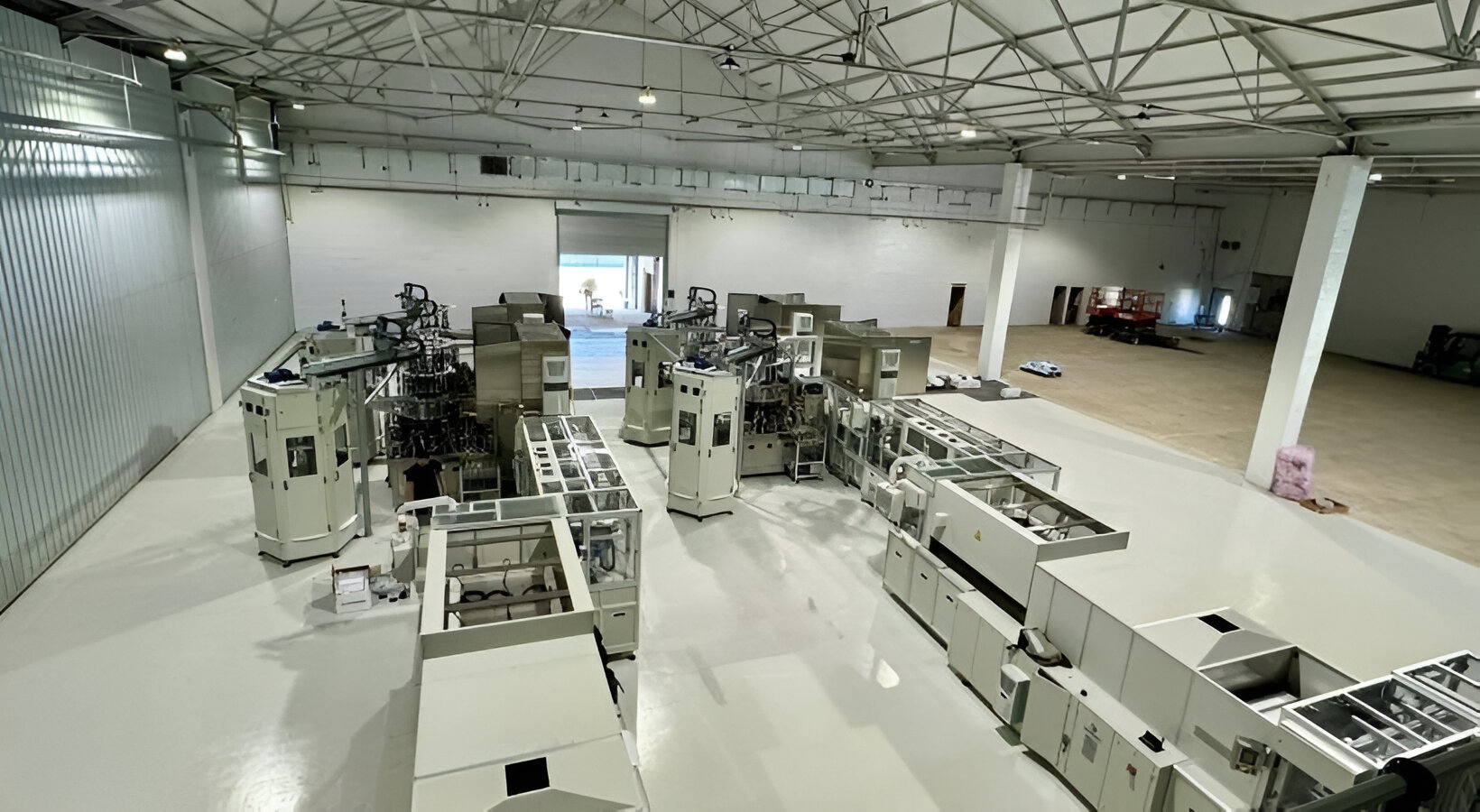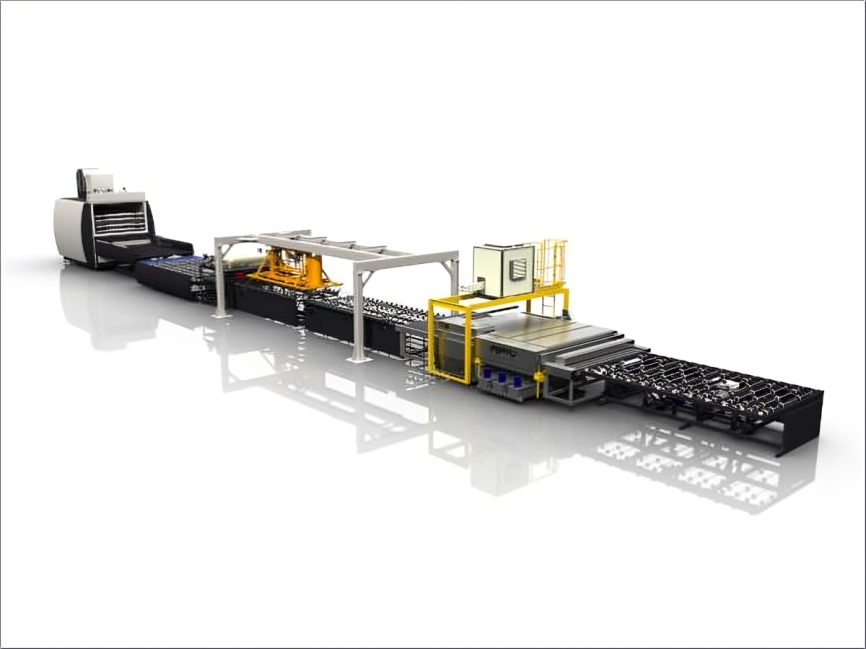The glass industry is embracing robotics and artificial intelligence (AI) to boost precision, efficiency, and product quality. Companies like LiSEC use advanced robots equipped with vacuum suction, machine vision, and force feedback sensors to handle glass sheets carefully. These robots adjust grip and speed in real-time, reducing damage and improving throughput.
AI-driven defect prevention is another game changer. Platforms such as Vernaio use Causl-AI based process data analysis, including signals like temperature, pressure, and vibration, to anticipate conditions that could lead to defects. Their AI Copilot (PBX) continuously monitors live production data and recommends real-time setpoint adjustments to operators, helping prevent quality issues before they emerge. This proactive approach reduces waste, stabilizes output, and improves yield, especially in high-precision environments like glass manufacturing.

Predictive maintenance powered by AI helps avoid costly downtime. Industrial IoT sensors collect data from machines like tempering furnaces, feeding it into AI models that predict failures weeks ahead. Leaders such as Siemens and Rockwell Automation enable factories to schedule maintenance proactively, saving time and money.
Additionally, companies like Bucher Emhart Glass use adaptive control algorithms and infrared thermography in tempering furnaces to optimize temperature and cooling. This improves glass strength by up to 15%.
Together, robotics and AI are revolutionizing glass manufacturing, enabling smarter, more efficient, and higher-quality production.
Source: Glass Balkan







